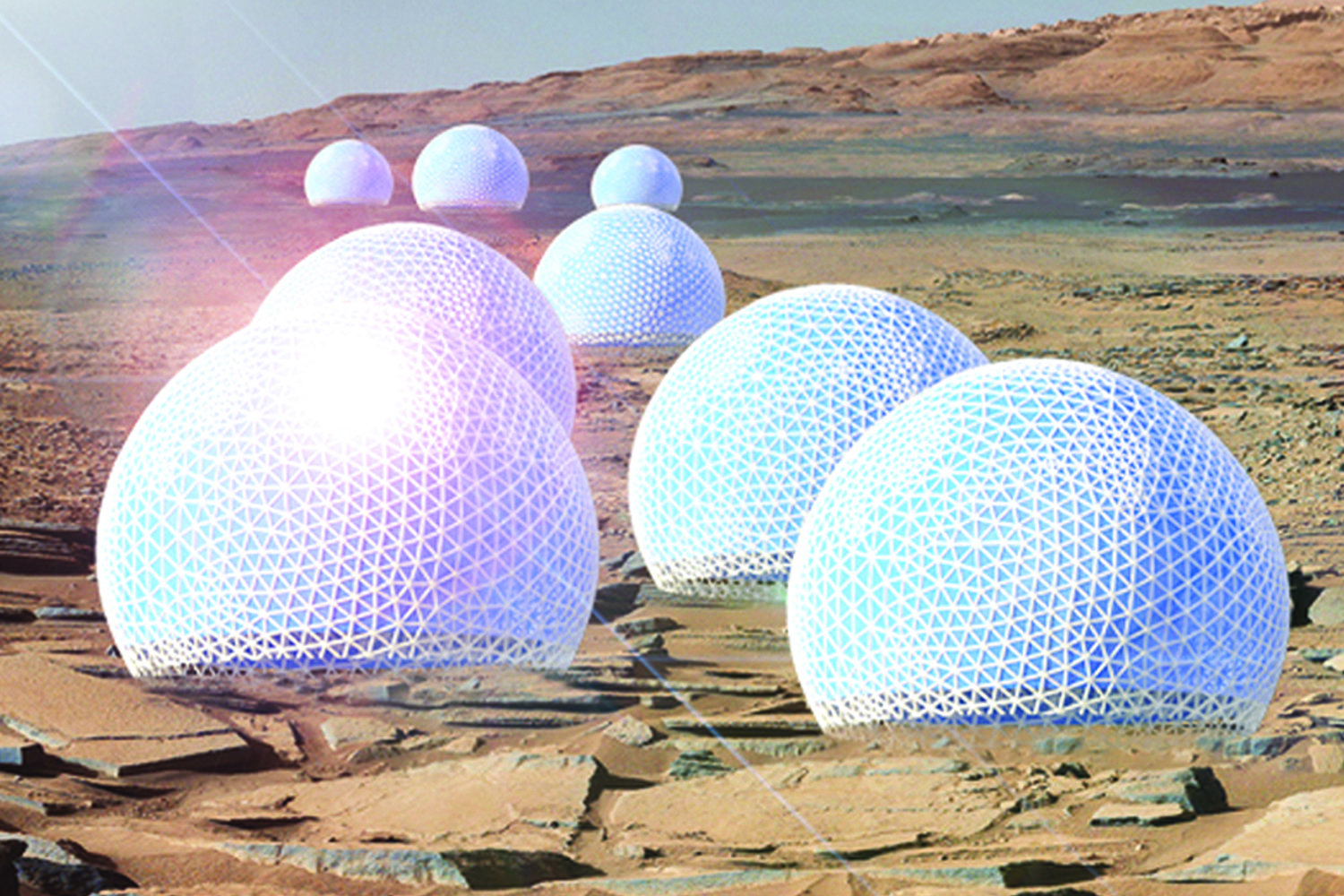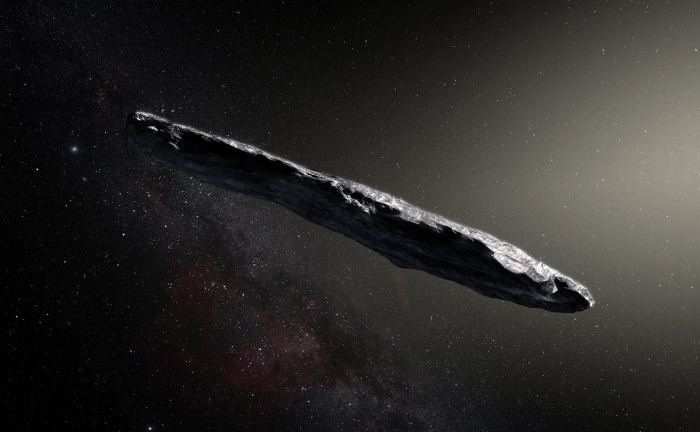Nov 25, 2017
DARPA Wants to Use Genetic Modification to Turn Plants into Spy Tech
Posted by Klaus Baldauf in categories: genetics, military, robotics/AI, surveillance
DARPA has a new surveillance program in the works, and it doesn’t involve training human agents or AI operators. Instead, the research arm of the U.S. Department of Defense wants to genetically engineer plant-based sensors as battlefield spy tech.
The Defense Advanced Research Projects Agency (DARPA), the think-tank that’s under the U.S. Department of Defense, recently announced that it’s working on a new project that could change how pertinent information is gathered on the battlefield. The project, dubbed the Advanced Plant Technologies (APT) program, examines the possibility of turning plants into next-generation surveillance technology.

















